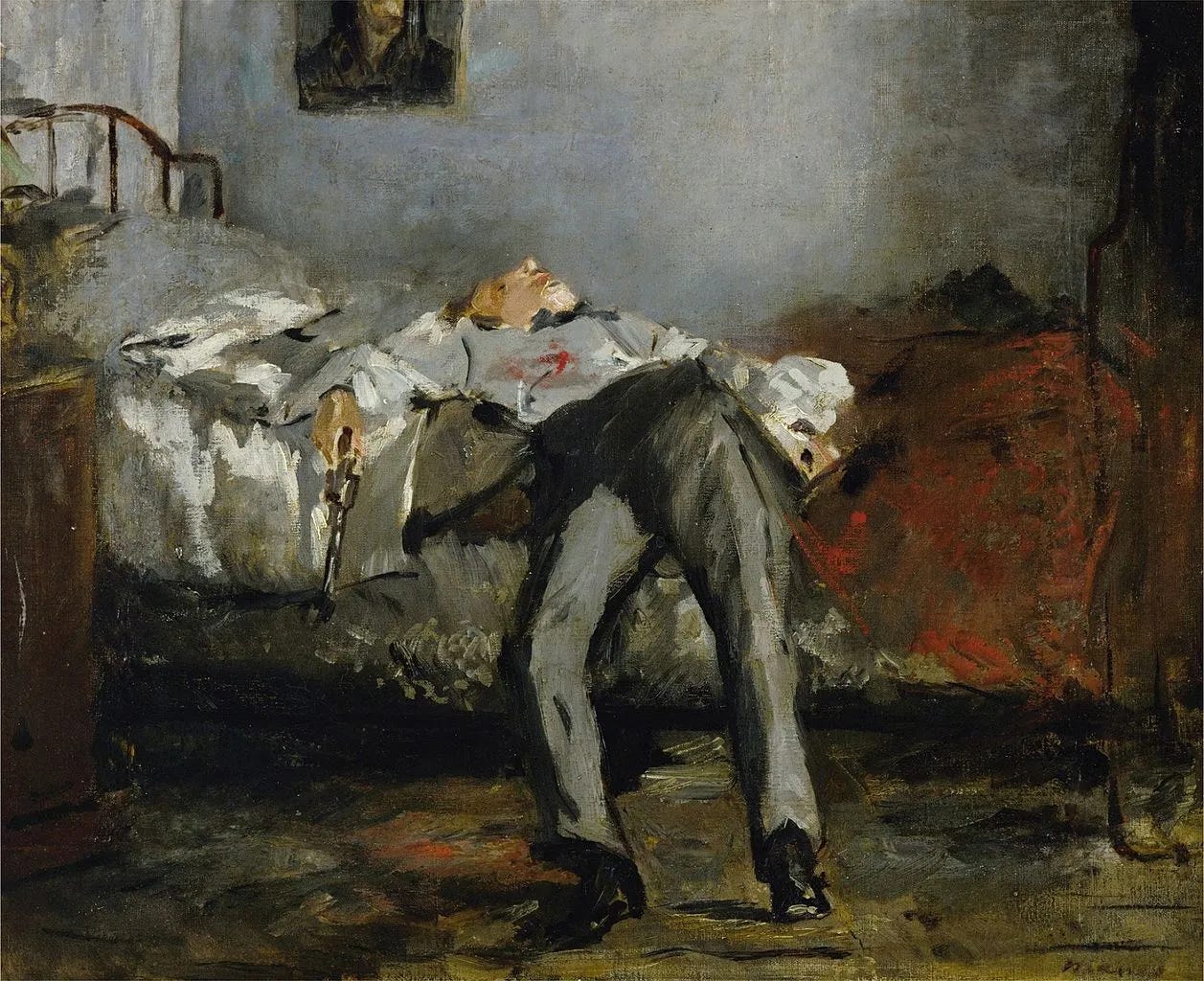This essay appears in Issue 4 of the Mars Review of Books. Visit the MRB store here.
The Limit of the Useful
by Georges Bataille, edited and translated by Cory Austin Knudson and Tomas Elliott
The MIT Press, 416 pp., $22.96
Critical Essays: Volume 1: 1944–1948 (Volume 1)
by Georges Bataille, edited by Benjamin Noys and Alberto Toscano, translated by Chris Turner
Seagull Books, 400 pp., $25.50
In a famous letter from 1871, the teenage Arthur Rimbaud lays out a central task for modern artists.
"The poet,” he writes,
makes himself a seer by a long, prodigious, and rational disordering of all the senses. Every form of love, of suffering, of madness; he searches himself, he consumes all the poisons in him, and keeps only their essence. This is an unspeakable torture during which he needs all his faith and superhuman strength, and during which he becomes the great patient, the great criminal, the great accursed—and the great learned one!—among men. For he arrives at the unknown!
Rimbaud’s poet is a visionary who journeys into the depths of the self, into human history, and undergoes the trials of madness or mental anguish. The extreme conditions of modern life motivate his quest. War, ideological passion, a rapidly transforming urban landscape, the influence of technology, the rise of mass media: These are some of those poisons that the poet may consume. What Rimbaud calls a “rationaldisorderingofall the senses” amounts to an intentional de-realization of reality. He must absorb the totality of his modern condition to reach the unknown and imagine an alternative future of humanity.


